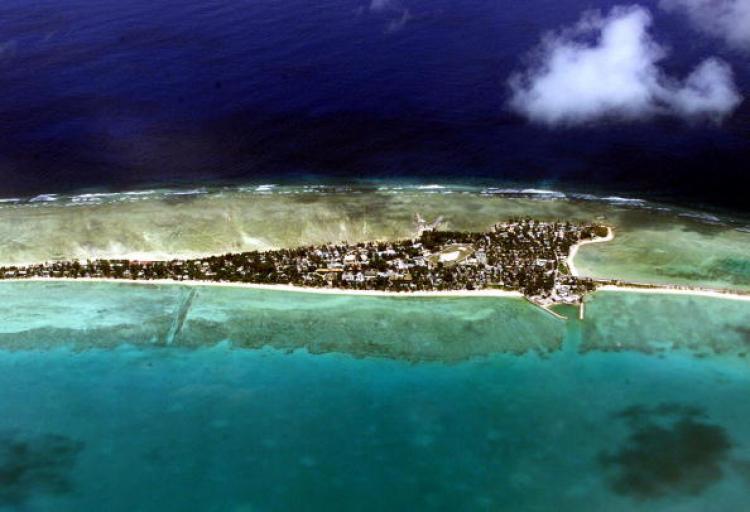One of Australia’s highest foreign policy priorities, the Pacific Step-up, is at risk of losing ground to China if the federal government ignores the region’s needs, a strategic expert has claimed.
Beijing is moving to control vital trans-Pacific sea lines of communication under the guise of helping low-lying Pacific island nations with economic development and adapting to rising sea levels.




